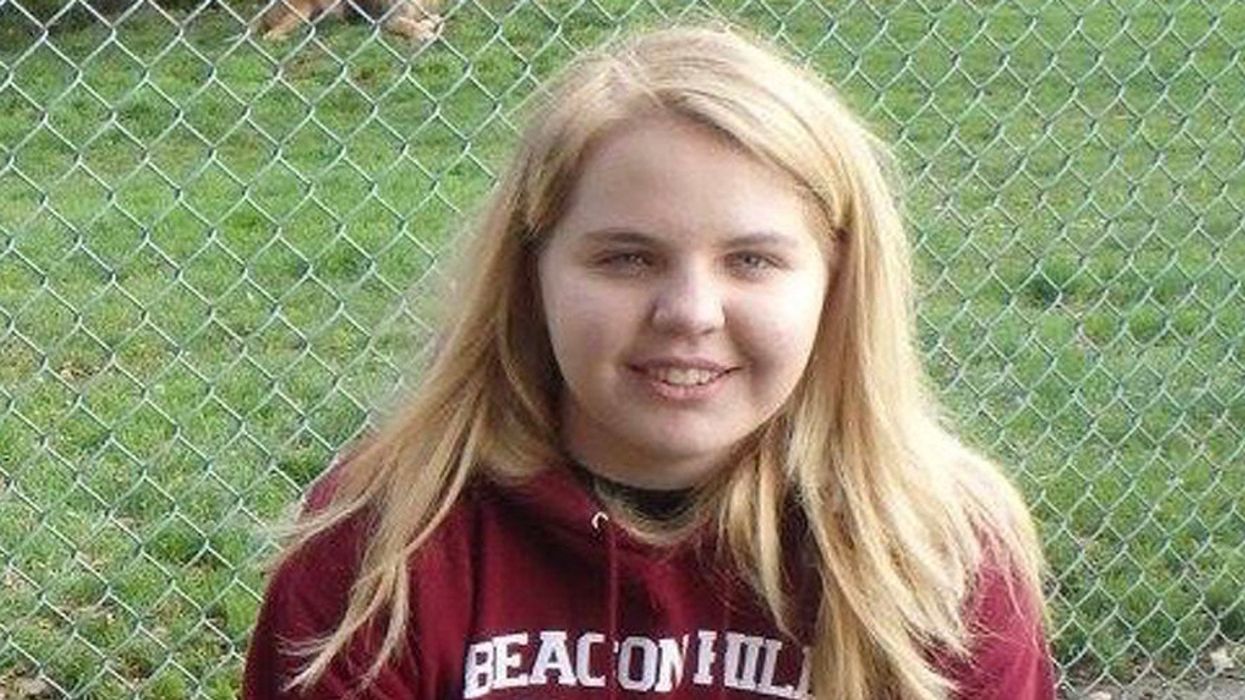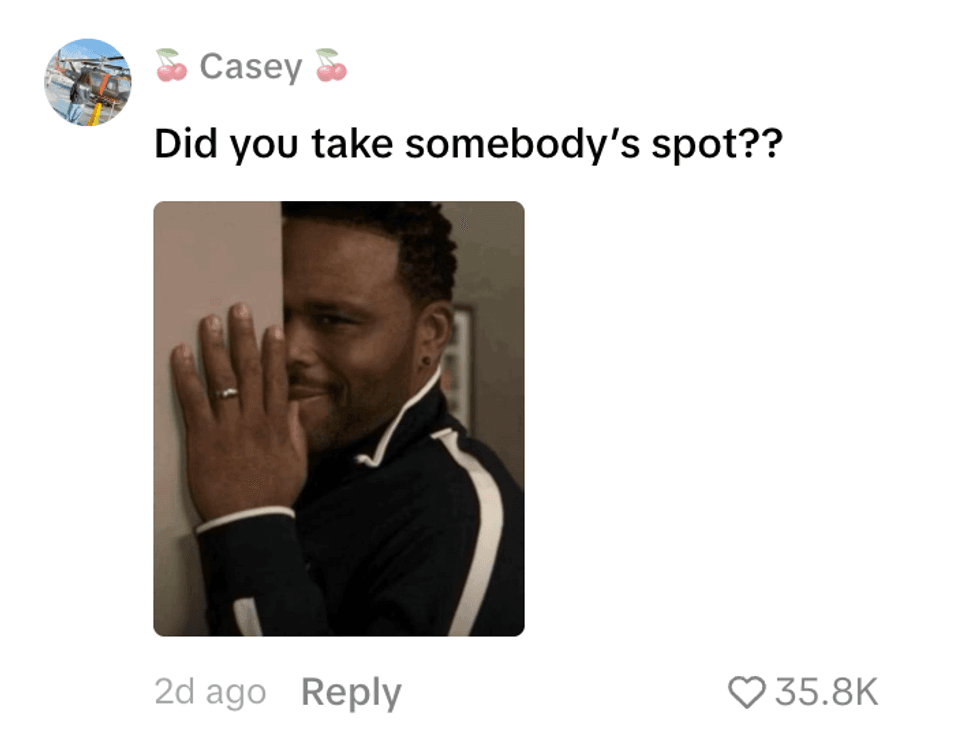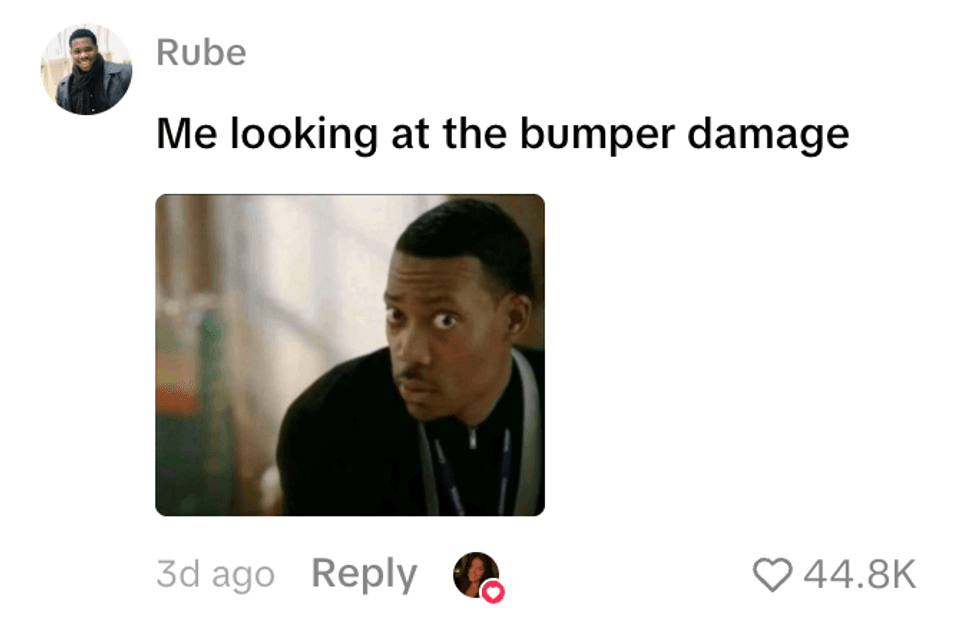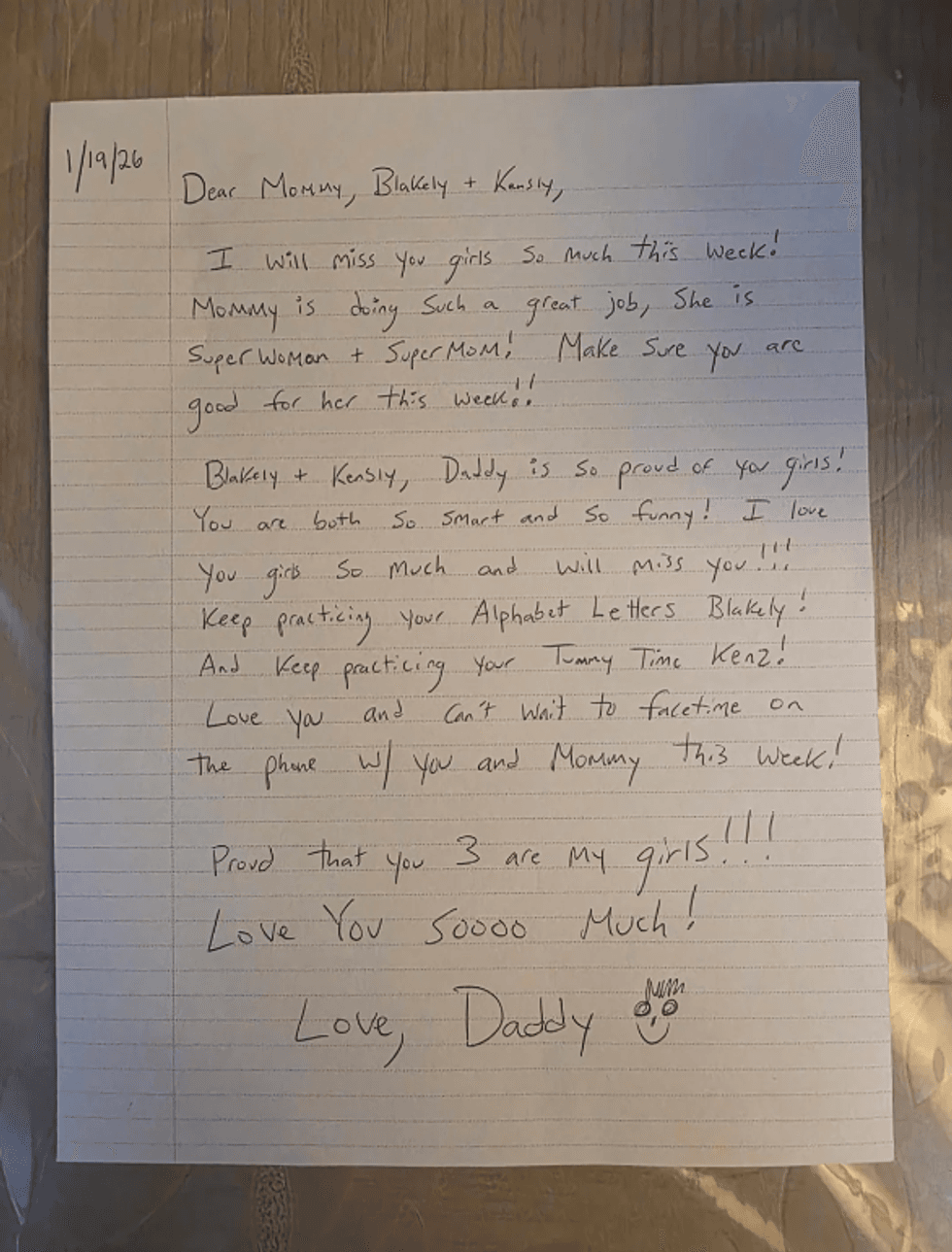A promising young soccer player who thought she was exhausted by her exams was blindsided by the shocking news that she had in fact suffered a stroke in her sleep.
Feeling so worn out that she would come home from college and go straight to bed and sleep for a solid 12 hours, Lily Aldis assumed she was simply tired after a string of exams.
But when the fatigue worsened, her doctor sent her for an MRI scan and, just two days before her exam results were due in August 2017, she was told that, at the age of just 19, she had suffered a stroke – a life-threatening medical condition caused when the blood supply to the brain is cut off – in her sleep.

Now 22 and working as a medical secretary, Lily, of Norwich, Norfolk, England, is keen to make people aware that strokes are not confined to older people, saying: “I thought I was just tired from sixth form stress, so to be told I'd had a stroke was a huge shock to the system. I felt useless, and asked myself, 'Why has this happened? Why me?'
“For a long time I bottled up how I felt, but now I want to open up to help others – especially other young people, as a lot of the aftercare is geared towards older generations.
“I want to get the message out there that strokes don't just happen to the elderly, though. They can affect anyone of any age, at any time."
Lily had started feeling exhausted as she was taking her A Levels during the summer of 2017, and put it down to the pressure of exams taking their toll.
She did not suffer any of the common stroke symptoms, like slurred speech or facial drooping, but her fatigue grew increasingly severe.
She explained: “I was feeling tired all the time. I could come home from college, go straight to bed without even bothering with dinner, sleep right through to the morning – and still feel exhausted."

Lily also has two conditions called antiphospholipid syndrome (APS), a disorder of the immune system that causes an increased risk of blood clots, and factor V leiden – another type of blood-clotting disorder.
After consulting her doctor, she had an MRI scan at central London's St. Thomas' Hospital, which revealed she had suffered a stroke.
“I couldn't believe it," said Lily, adding that her APS puts her at greater risk of developing a clot in an artery, which can, in turn, trigger a stroke.
She continued: “The doctors said they thought my blood condition was the cause but couldn't tell me exactly when the stroke had happened. I couldn't remember anything, so they believe it happened in my sleep.
“Apart from the tiredness, I thought I'd been fit and healthy. I even played football for Norwich.
“It just goes to show a stroke can happen to anybody."

Now, when she looks back, Lily can identify a couple of symptoms which, while she paid them no mind at the time, now “make sense" in light of the stroke.
She'd explain: “I would struggle with balance and trip up a lot, but I've always been clumsy, so I thought it was just that.
“Similarly, I'd sometimes say words in the wrong order or have to really think about a sentence before I said it out loud – but I thought that's just how I was."
Sadly, in the wake of her bombshell news, Lily said she did not feel there was much specialist support available for young stroke survivors like her.
That was until last year, when she discovered the charity Stroke Association, after some representatives gave a talk at the hospital where she worked.
“They are such a wonderful charity, and the support has been amazing," she said. “Finding the Stroke Association helped me start to open up about my own story."

She added: “Previously, I had kept a lot to myself, as I didn't want to worry anybody. Lots of people didn't even know I'd had a stroke, but that was difficult as they could accidentally make comments that they wouldn't realize were upsetting.
“For example, they might start talking about somebody else they knew that'd had a stroke, without knowing that I was sat right there, having had one myself."
As she slowly builds the confidence to talk more about what happened to her, there are still aspects of her day to day life that have been made more difficult since the stroke.
Lily continues to struggle with fatigue and her coordination and balance remain affected, meaning she has had to give up her beloved soccer in case she falls and sustains an injury, which would be dangerous given the blood-thinning medication she takes for her clotting conditions.
Candidly admitting that her self-esteem has taken a knock, too, she added: “I do sometimes struggle with confidence, especially in big crowds. I get worried someone will barge into me and knock me over.
“With the blood thinners, I can't go out drinking with my friends or partying, which is what everyone else my age is doing. That makes me feel like a burden sometimes."
Luckily, Lily – who has no memory of her first stroke, leading doctors to believe she had it in her sleep – has shown no signs of suffering a second incident, but must continue with check-ups every six months to monitor her progress.
She said: “Doctors check my vision and make sure I've not been having any severe headaches or anything like that.
“I do get more headaches than I used to, which can make me panic sometimes. Even though I've had one, I still don't know what it feels like to have a stroke, as mine happened in my sleep."
She added: “That means that sometimes, when a headache hits, I'll think, 'Is this it? Another stroke?' That worry is always there, but usually the headaches go away with painkillers."
Determined to stay as positive as possible, Lily is working with the Stroke Association to help raise awareness and encourage contact with other young people, like her, who have been affected.
She has found some fellow young stroke survivors in her local area by joining online support groups, but hopes to connect with others worldwide.

Speaking out in support of the Stroke Association's Rebuilding Lives campaign, which is using survivors' stories to show that, with the right support, they can make the best possible recovery, Lily concluded: “I'd love to meet more young people who have been through this. The concerns we have and way we react will be totally different to an older person, so it'd be good to speak to people who understand.
“I also really want to get the message out there that strokes can affect anyone, not just older people. I'd say to anyone has been through it that talking it out is really important. Don't bottle things up – speak to whoever you can.
“In general, people should be aware of their bodies and report any changes to their doctor right away. Thanks to charities like the Stroke Association, I feel stronger in opening up, and really hope my story can help someone out there."
For information on the Rebuilding Lives campaign, visit www.stroke.org.uk/rebuilding-lives














 Awkward Pena GIF by Luis Ricardo
Awkward Pena GIF by Luis Ricardo  Community Facebook GIF by Social Media Tools
Community Facebook GIF by Social Media Tools  Angry Good News GIF
Angry Good News GIF 
 Angry Cry Baby GIF by Maryanne Chisholm - MCArtist
Angry Cry Baby GIF by Maryanne Chisholm - MCArtist 
 @adriana.kms/TikTok
@adriana.kms/TikTok @mossmouse/TikTok
@mossmouse/TikTok @im.key05/TikTok
@im.key05/TikTok @biontrtwff101/TikTok
@biontrtwff101/TikTok @likebrifr/TikTok
@likebrifr/TikTok @itsashrashel/TikTok
@itsashrashel/TikTok @ur_not_natalie/TikTok
@ur_not_natalie/TikTok @rbaileyrobertson/TikTok
@rbaileyrobertson/TikTok @xo.promisenat20/TikTok
@xo.promisenat20/TikTok @weelittlelandonorris/TikTok
@weelittlelandonorris/TikTok @katiebullit/TikTok
@katiebullit/TikTok @rube59815/TikTok
@rube59815/TikTok
 u/Fit_Bowl_7313/Reddit
u/Fit_Bowl_7313/Reddit
 @meteorblades/Bluesky
@meteorblades/Bluesky @bodenkelly/X
@bodenkelly/X